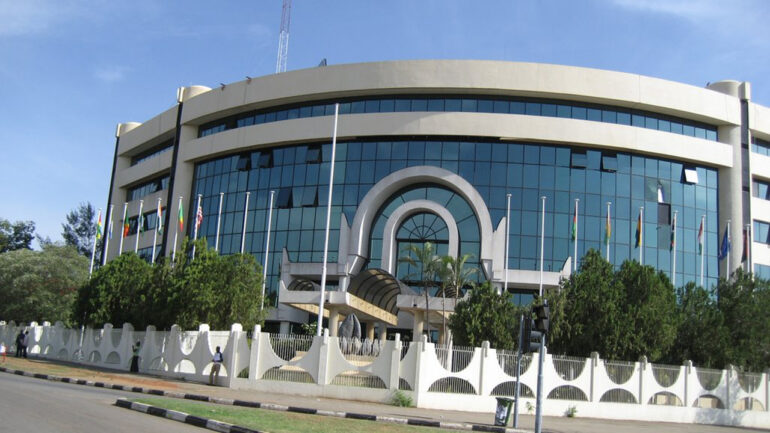The Economic Community of West African States (ECOWAS) has begun plans to relocate its institutions and agencies from Mali, Niger, and Burkina Faso, following the three Sahelian nations’ recent withdrawal from the regional bloc.
At an Extraordinary Session of the ECOWAS Council of Ministers in Accra, Ghana, on Wednesday, the ministers discussed logistical strategies for the relocation and the suspension of regional programmes in the countries now governed by military juntas.
The session was convened in response to a directive from the ECOWAS Authority of Heads of State and Government during its 66th Ordinary Session.
Opening the session, Chair of the Council and Nigeria’s Minister of Foreign Affairs, Ambassador Yusuf Tuggar, called for calm, pragmatism, and unity in the face of the crisis. He described the current situation as a “difficult chapter in ECOWAS’s history” but emphasized the need for resilience and adaptation.
“This session is not one we had hoped for,” Tuggar remarked. “However, in recognizing the sovereignty of these nations under their current military governments, we must now adapt and chart a forward-looking path.”
A statement from Tuggar’s media aide, Alkasim Abdulkadir, confirmed that the council had been tasked with developing a framework for disengagement, which includes relocating ECOWAS institutions and addressing the suspension of affected regional programmes.
Ministers focused on ensuring the continued operation of ECOWAS institutions involved in critical sectors like security, economic development, and regional mobility. Detailed memoranda will soon be submitted with plans for transitioning ECOWAS offices and operations to alternative host countries.
“The council will examine the potential relocation of ECOWAS institutions and agencies based in Burkina Faso, Mali, and Niger, with a focus on minimizing disruptions during the transition,” the statement read.
Tuggar reaffirmed ECOWAS’s commitment to regional integration and highlighted the bloc’s legacy as Africa’s most integrated sub-regional body.
“While these developments are unprecedented, they also present an opportunity to renew and strengthen our resolve,” Tuggar added. “Our unity has been tested before, and we emerged stronger. We will do so again.”
Discussions within the council will continue in the coming days, with member states expected to approve a comprehensive action plan for relocation and realignment.


